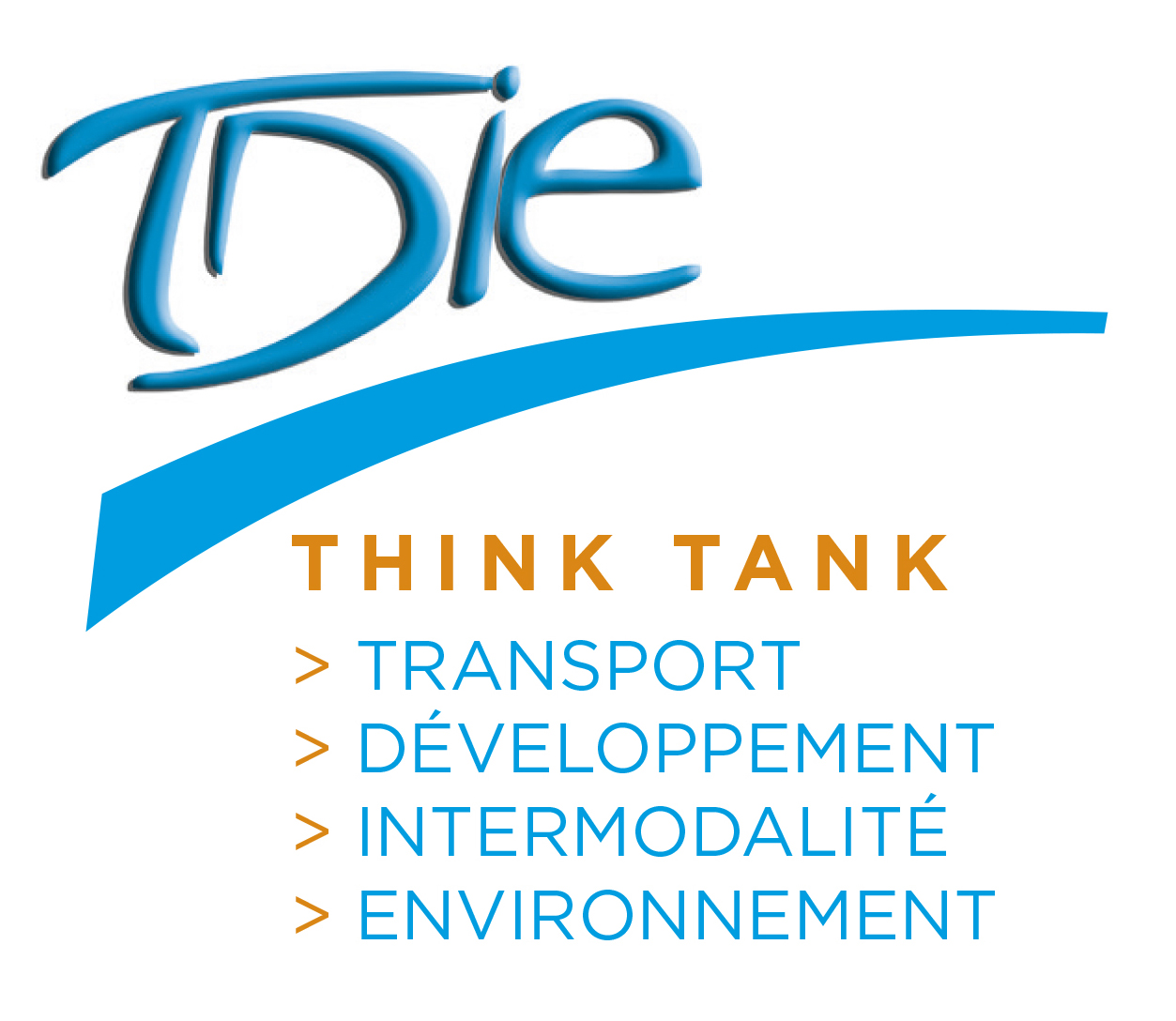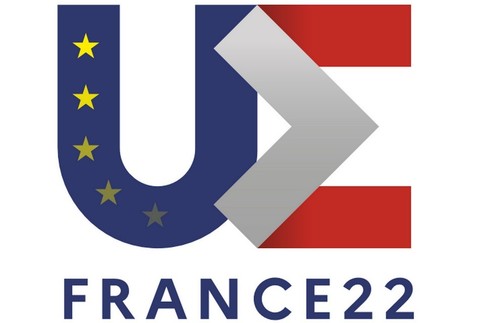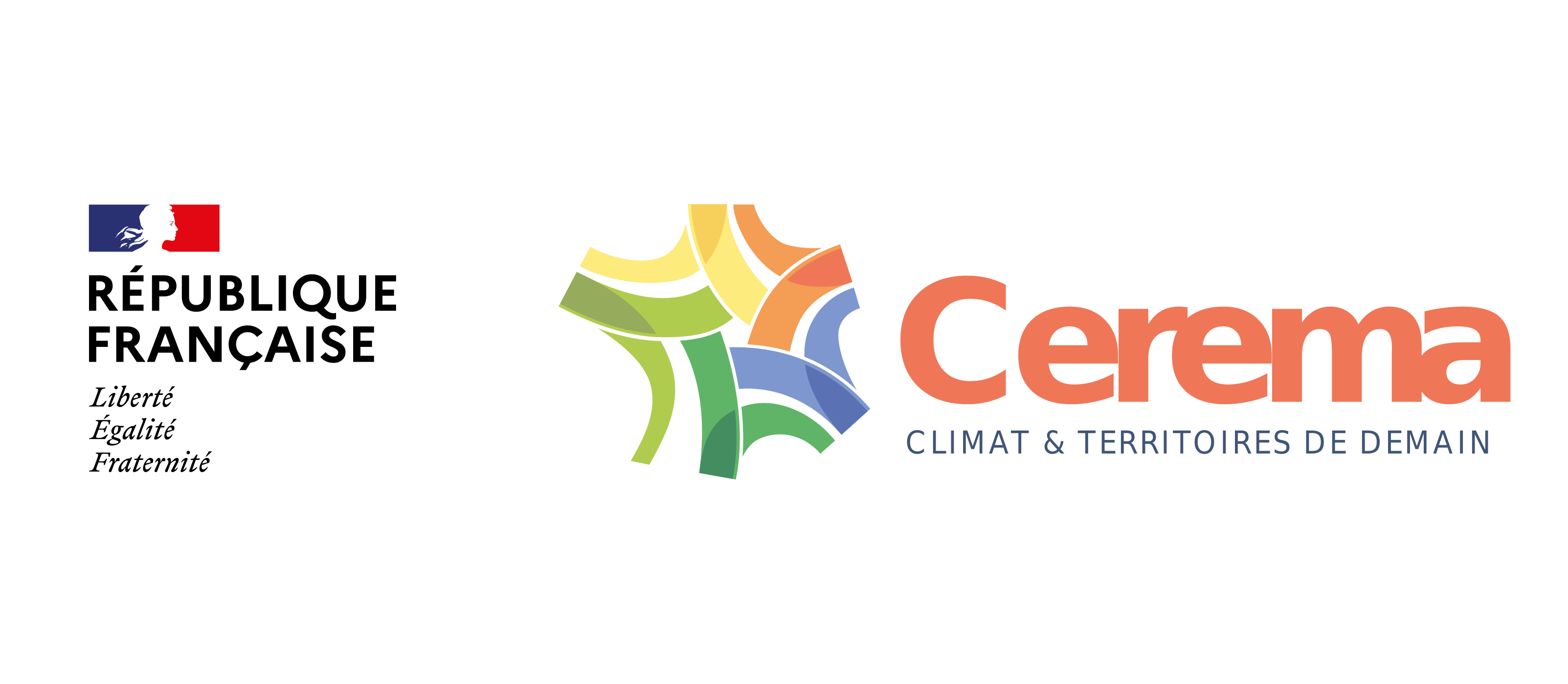Organisers
The French transport infrastructure financing agency (AFIT France)
AFIT France is a national public body that contributes on behalf of the State to the financing of major transport and mobility infrastructure projects. The sectors covered by its interventions are: rail transport, road infrastructure, collective transport, navigable waterways, maritime ports, coastal protection, continuous cycling and pedestrian routes. The agency implements the programming of the Framework Act on Mobility (LOM), major trans-European projects (Seine Nord Europe canal, Lyon-Turin transalpine tunnel), and the Transport component of the France Relance recovery plan.
The agency is governed by an Executive Board, whose president is appointed by the President of the Republic. Its annual budget exceeds €3 billion a year. It derives from allocated revenues: tax on the consumption of energy products, tax and payments from motorway concession companies, fines- automatic radar devices.
Further information (activity reports, budgets, press releases, deliberation records of the Executive Board,...) is available on our website
Université Gustave Eiffel
Multidisciplinary and multi-campus, Gustave Eiffel University’s distinguishing characteristic is that it is the first establishment to combine a research organisation, a university, a school of architecture, and three engineering schools. Our ambition: to shape, innovate and imagine the urban spaces of today and tomorrow.
Gustave Eiffel University is pooling numerous training and research resources to develop a strategy based on the complementarity of its founders. Creating superior synergies in this way enables the University to offer its various audiences a more diverse range of skills:
• Educating students, supporting and assisting future generations of citizens who aspire to become responsible agents of change
• Being a national, European, and international leader in research into sustainable urban spaces
• Committing itself to the task of Illuminating the major challenges facing society through its action in support of public policies and social openness
The University in a few figures:
17,000 students / 2270 staff members / 16 educational bodies including 4 in-house establishments and member schools / the 23 research establishments / 7 main campuses
In partnership with
TDIE
TDIE (transport développement intermodalité environnement) is a pluralist association co-chaired by Philippe Duron, a former Member of Parliament for Calvados, and Louis Nègre, a former senator representing the Alpes-Maritimes, and Mayor of Cagnes-sur-Mer. TDIE is a forum for professionals and institutional actors representing the world of passenger and freight transport to facilitate the collective consideration of issues pertaining to the funding, planning and evaluation of transport, mobility and logistics policies.
TDIE is intended to enlighten debate and questions concerning infrastructure and mobility: both for its members, attentive to the direction of travel set by government, and for, national or regional, government bodies attentive to the concerns of transport professionals.
Contact : Pierre Van Cornewal, Executive Vice President – mail : secretariat@tdie.eu – Twitter : @tdiethinktankWebsite: 
CEREMA
CEREMA is the French major public institution for developing and capitalising on public expertise in the fields of planning, regional cohesion, and ecological and energy transition.
It offers unique expertise in the areas of mobility, transport infrastructure, urban planning and construction, resource conservation, risk prevention, road and maritime safety, and the ability to integrate these different skills into developing local projects.
CEREMA provides direct support to governmental services, local authorities, and companies (project management assistance, specific operational missions, etc.). It develops, experiments and disseminates innovative solutions.
With about 2,600 employees in mainland and overseas France and a long-standing knowledge of local issues and contexts, CEREMA is resolutely committed to the challenge of sustainable regional development, in order to define the public policies of tomorrow.




















































